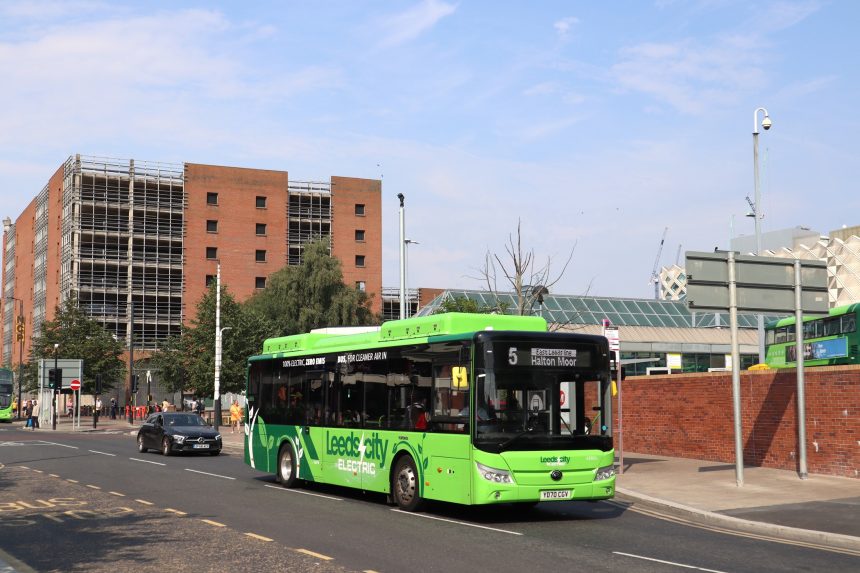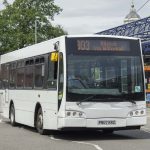You will be reading this on the other side of the general election. Will you be celebrating the dawn of a new era? A change in the fortunes of coach and bus operators? Both feel somewhat unlikely given the one-sided nature of the contest and the foregone conclusion predicted.
Why did Rishi Sunak call an election now? Was he hoping for a good England performance at Euro 2024 to bolster the Conservative tally? Or perhaps a positive public mood thanks to a spectacularly dry and sunny summer so far?
Maybe he was just trying to avoid his government having to approve the reform to BSOG legislation in England that has been promised for the entire decade I have been working with the bus industry.
Whatever the result, it is inevitable that we will have seen a change in government. And while the overhaul promised has been less in the way of radical political evolution and more a change of management note, the country seems ready to welcome it.
Change can be challenging. But sometimes it is necessary to grow and move forward. That is certainly what I have seen in the transition to, or towards, net-zero. A move through seven stages of grief is how I would best describe it.
10 years ago, there was very much shock and denial that low- and zero-emission technologies would achieve much, if anything al all. Why was the bus industry having to trial these new and experimental powertrains? They were much better evaluated in smaller vehicles that did not require high availability.
Then came pain and grief in the form of diesel-electric hybrids procured through the Green Bus Fund. Many ended up sitting in yards with failed batteries that were too costly to replace. You must have been dreaming if you thought a bus could run on batteries in its entirety if we could not even get hybrids to operate successfully!
Then came anger and bargaining, with arguments put forward for using alternative fuels such as biodiesel and biomethane that could partly reduce greenhouse gas emissions and avoid challenges with exhaust aftertreatment, respectively.
After that came depression, particularly for operators that were unable to see how they could afford to procure new vehicles, let along new zero-emission technologies. Many were struggling to meet Euro VI to enter Clean Air Zones.
Following that was the upward turn. New battery-electric buses started to roll out through the Low and Ultra Low Emission Bus Schemes. Shorter urban routes were being operated on a single charge. Battery warranties were now at least five years. Some routes even did not require extra vehicles to meet PVR.
Then we had reconstruction and working through. Large operators were conducting reviews of their depots to see which could be electrified in the near-term, and which would be more challenging.
Now the bus industry is at the acceptance stage. Large operators have committed to zero-emission fleets by 2035. Some are seeing electrified depots as an opportunity to create new revenue streams by supporting local van and HGV businesses in their transition to electric. The change is happening.
Even the coach industry feels like it has at least started on the upward turn. There are many operators in that sector now actively researching how they may leverage the challenge into an opportunity for growth.
Let’s hope that the new government can do the same.
Dan Hayes is Programme Manager and lead for the Bus and Coach Working Group at Zemo Partnership.



























